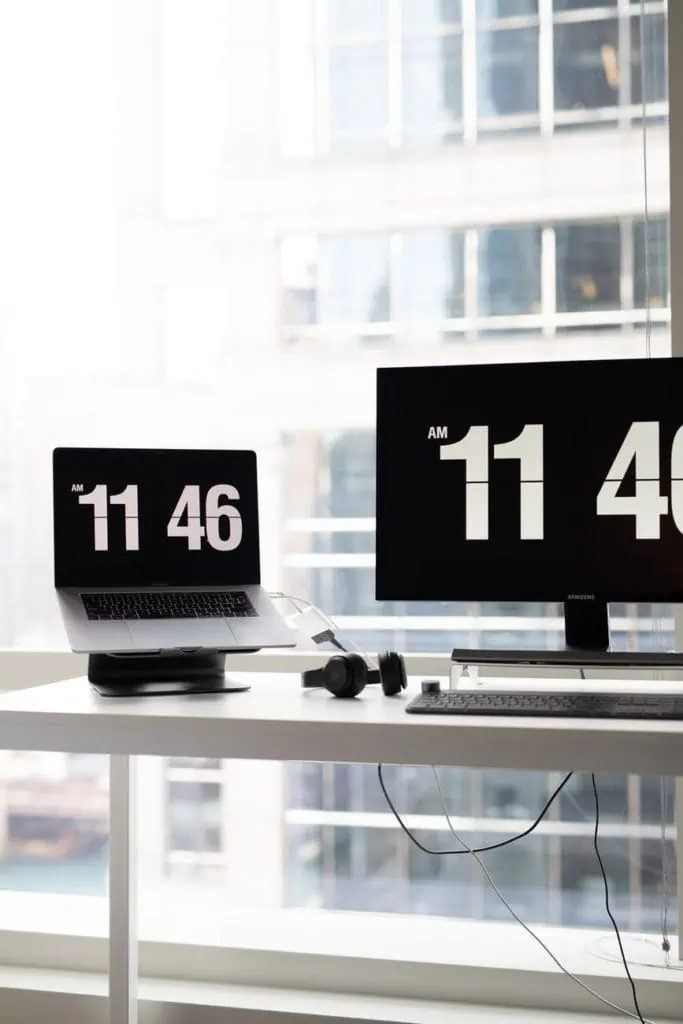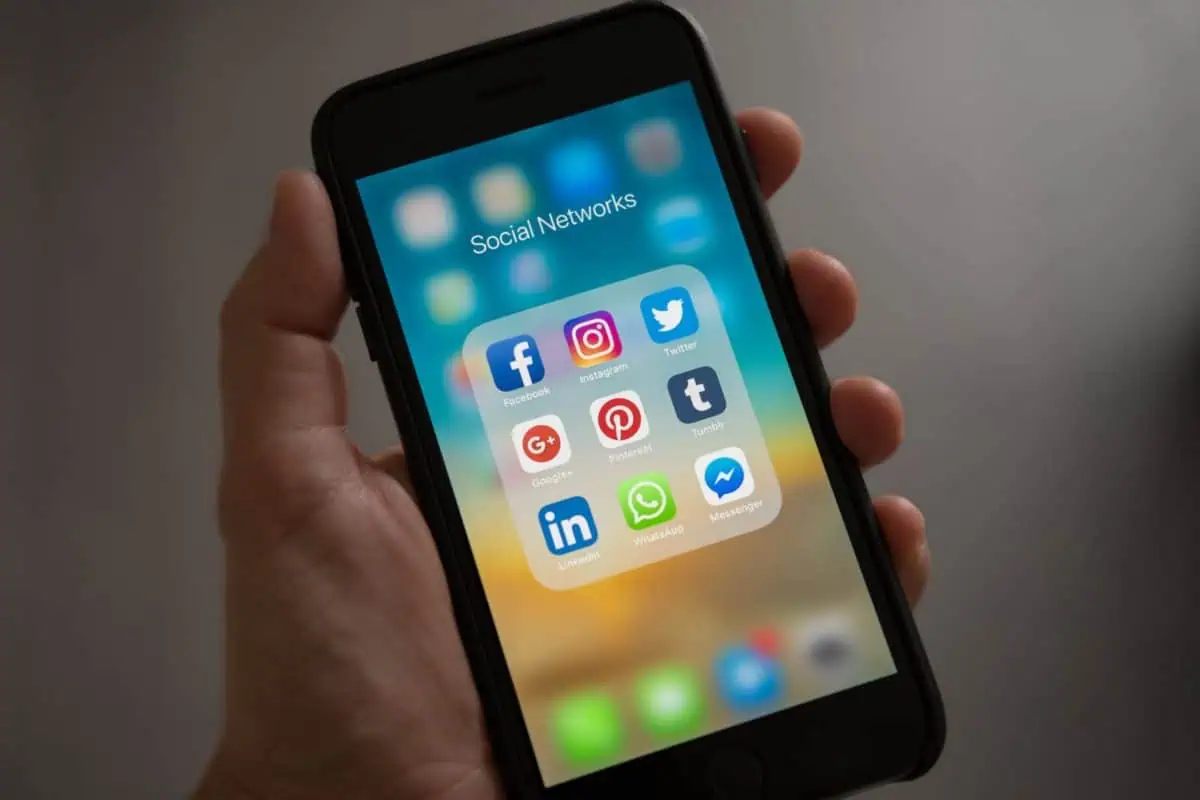Most of us are opposed to allowing children to spend long periods watching TV or playing smartphone games.
Listen In
Common sense dictates that a lot’s screen time cannot be suitable for developing children and that limits should be set, but where do we recognize the difference?
We would not hesitate to safeguard our children from screen addiction, laziness, and the possibility of antisocial behavior as adults. Still, we must recognize that we are not immune to such issues.
Too much screen time is a problem for adults, just as it is for children, and we may be more vulnerable to screen obsession than we realize.
What Does Too Much Screen Time Do to you?
- You get less sleep

Too much screen time makes it difficult to fall asleep at bedtime. According to studies, Singapore is one of the most sleep-deprived countries, with millennials being the main contributors.
The blue light from your devices disturbs your melatonin levels, causing you to stay awake for more extended periods. In addition, the cerebral stimulation provided by analyzing web content keeps your brain active — far too alert to sleep.
- Your mental health suffers

Perhaps it’s a lack of adequate socialization when you engage in social media rather than hanging out with real people. Maybe spending long hours alone with no companion other than a screen exacerbates feelings of loneliness.
Whatever the cause, studies have revealed associations between internet addiction and signs of depressive illnesses such as anxiety and depression. In addition, people who spend more time on digital gadgets have poorer self-esteem, which leads to decreased life satisfaction.
- Other unhealthy addictions are exacerbated

It’s easy to place the majority of the blame for internet and screen addiction on social media.
However, one of the reasons individuals spend so much time on their gadgets is that the internet promotes the transaction of other compulsive hobbies like gaming, shopping, and gambling. Therefore, a lack of self-control regarding screen usage will only worsen.
Adults who spend way too much time in front of a screen are at risk of anxiety and depression. Concerns with kids center on the fact that their brains are still growing and how excessive screen time may damage development.
While this concern does not apply to adults, screen time has a distinct impact on the elderly.
It lowers our productivity and hinders our ability to live fulfilling lives. So whether your screen addiction is moderate or severe, it’s time to fight back and limit the time you spend on your gadgets.
How Do You Reduce The Adverse Effects of Too Much Screen time?

Working long hours in front of a computer screen is unavoidable, but you don’t have to bear the full brunt of the repercussions.
Some of the negative impacts of sleeplessness, stress, and ill health can be alleviated by making the following lifestyle changes:
- Practice proper sleep hygiene to help yourself sleep better
Maintaining a regular nighttime routine and making your bedroom a sleep-friendly environment are two essential habits to develop to have good sleep hygiene.
If you want to sleep better, the essential thing to remember is to avoid allowing your digital gadgets to interfere with your sleep pattern (even if this is a habit).
- Have more real-life social interactions
It’s tempting to spend mealtimes watching TV or scrolling through your social media feed, but set that aside and make meals an occasion for actual family or friend face-time. Talking with others will make the virtual world appear more remote and help you focus on what is real.
- Adopt a more active lifestyle

To combat the adverse effects of too much screen time on your fitness levels, you may change your lifestyle and become more physically active.
Take a walk to stretch your legs and move about between bouts of work. Simple and modest physical activity can help relieve stress and battle mental problems.
Try to add some basic workouts into your weekly schedule as much as possible. Find some activities that fit your lifestyle and that you genuinely love – you may investigate them and obtain advice on whether the activities are a long-term fit for your lifestyle.
- Reduce your screen time
Set several alarms to go off at particular intervals to remind yourself to relax and look away from the computer if you have problems reminding yourself when to take a break.
Allow your gaze to wander away from the screen at least every 30 minutes. Then, every 2-3 hours, go for a stroll.
Also, please don’t use your phone or computer while eating because it disrupts digestion and may develop into a poor habit that fuels the addiction problem. The same is true if you take your phone to the bathroom!
Conclusively, adults and children experience negative repercussions from excessive screen time, but there is a significant distinction.

Children don’t understand why they have to quit; all they want to do is have fun. However, adults can reflect on their activities and determine whether they spend a lot of time on their gadgets.
We also can reduce our screen time and make lifestyle adjustments to help us achieve our goals. However, the buck stops with us as adults. Thus it’s up to us to set a good example and not pass on such dangerous habits to the next generation!

